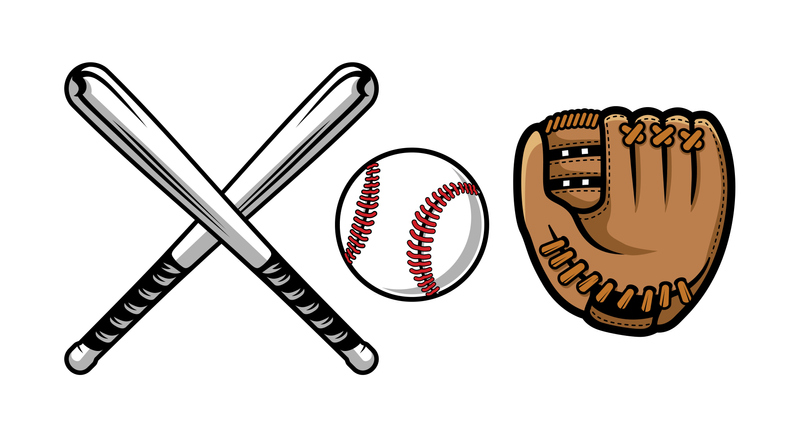Hitting a dinger against the closer to get your team out of the cellar? Those baseball terms would sound like nonsense to an early baseball player in the 1860s and 1870s. And the terms they’d use to describe their fledgling sport may sound equally bizarre to you.

• People who sit in the grandstands to cheer on a team — they’d shout “hurrah!” or “huzzah!” — were not called fans, but rather cranks, bugs, or rooters.
• The ball was not merely “the ball.” Players called it everything from horsehide to apple to onion to pill.
• A team wasn’t a team, but a club, or, more specifically, a club nine, because that’s how many players, or ballists participated at one time.
• Among the fielding positions played by those ballists: basetenders (infielders), the behind (catcher), and the hurler (pitcher).
• Those ballists would then defend against the hit onion when the opposing club’s striker would take a lick. (That means a batter steps up to bat.) The artist (star player) striker then holds his ash, hickory, timber, or willow (bat) aloft and the hurler delivers (pitches) the pill. If the striker successfully strikes the spheroid (another name for the ball) for a bouncing ground ball, that’s called an ant killer or a bug bruiser, because it’s so low to the ground. Or maybe he’ll hit an easily catchable sky ball, which is a pop fly.
• If a hurler and his club don’t make any duffs or muffs (errors) and get three straight player deads (outs), they’ve just made a whitewash (scoreless inning). If that team doesn’t get a single ace or tally (points or runs) due to the other team’s exceptional gobbling (fielding) the whole time, then that’s a skunk (shutout).
• In addition to getting called out, a referee (not umpire) may call a striker who legged it (ran hard) in pursuit of a three-sacker (a triple) “hands down” or “hands out.” But if he’s safe, then he’s “not out, in.”
• That’s certainly to please the striker’s captain — his manager or coach.







